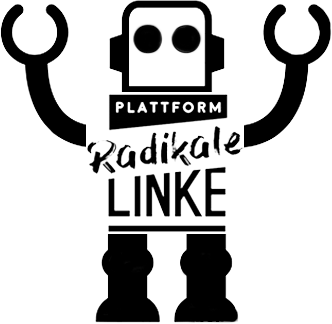Socialization as an idea for a more collective and democratic society in contrast to the capitalist system based on private ownership, is being increasingly debated. In the German-speaking countries, campaigns like “Deutsche Wohnen und Co enteignen”, “RWE & CO enteignen” and “OMV & CO vergesellschaften” have emerged and offer important input for left-wing debates on alternative forms of economic activity and living together.
Not long ago, socialization and self managment were the prevailing system in Yugoslavia. On June 27th 1950 self managment was introduced in Yugoslavia with the Law on the Transfer of Factories to Workers’ Management. Worker self-management in Yugoslavia served as a concrete example of implementing socialization by transferring control over means of production directly to the involved labor forces, demonstrating an alternative approach to organizing the economy. And till the 90s socialization and self management were the funtamental pillars of Yugoslavia.
To discuss opportunities and limits of socialisation – both in historical and current Terms – we invited:
An editor of ANTIPOLITIKA- the anarchist journal from the Balkans (https://antipolitika.noblogs.org/). The second issue of the journal has dealt with the topic od Yugoslavia, covering a wide range of topics from workers’ self-mangement to art, from Roma politics to anti-semitism,
Krešimir Zovak, who is historian and works as a history teacher in high school in Zagreb. His main interest is history of Yugoslav self-management and he published several articles on this topic. He was editor of the Croatian edition of Le Monde diplomatique and
Frederik Fuß, who belongs to the anarcho-syndicalist publishing collective “Syndikat-A”, was editor of the anarchist theory magazine “Tsveyfl” and has published various books and works on Yugoslavia and the Yugoslavian theory circle “Praxis”.
An event of the Autonome Wienzeile, organized by the Plattform Radikale Linke




